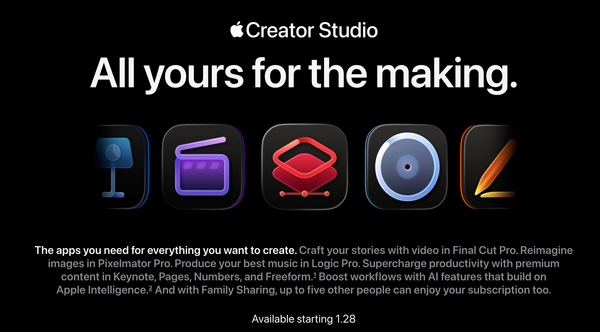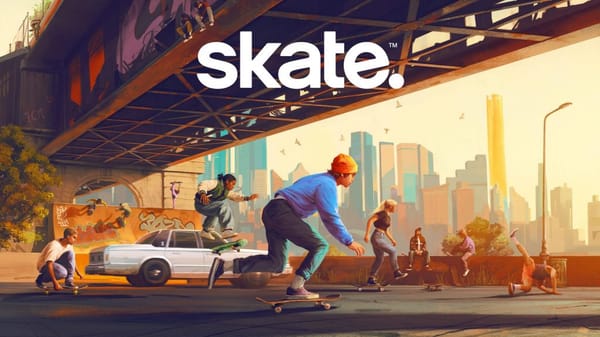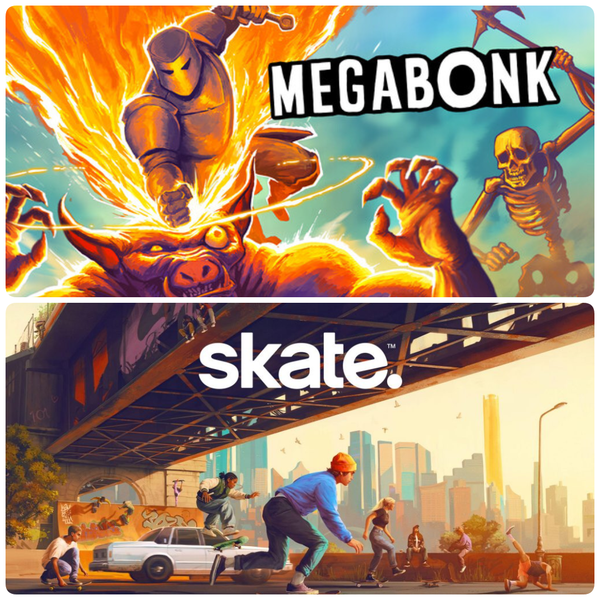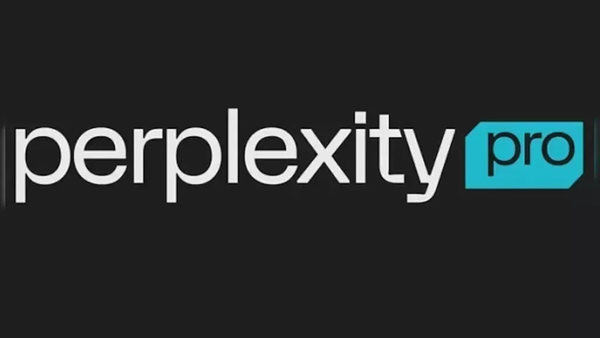You Don’t Own Anything Anymore. You Just Clicked “Agree.”
You think you own your devices, your data, your subscriptions but you don’t. Here’s how they took control, and why it’s time to push back.
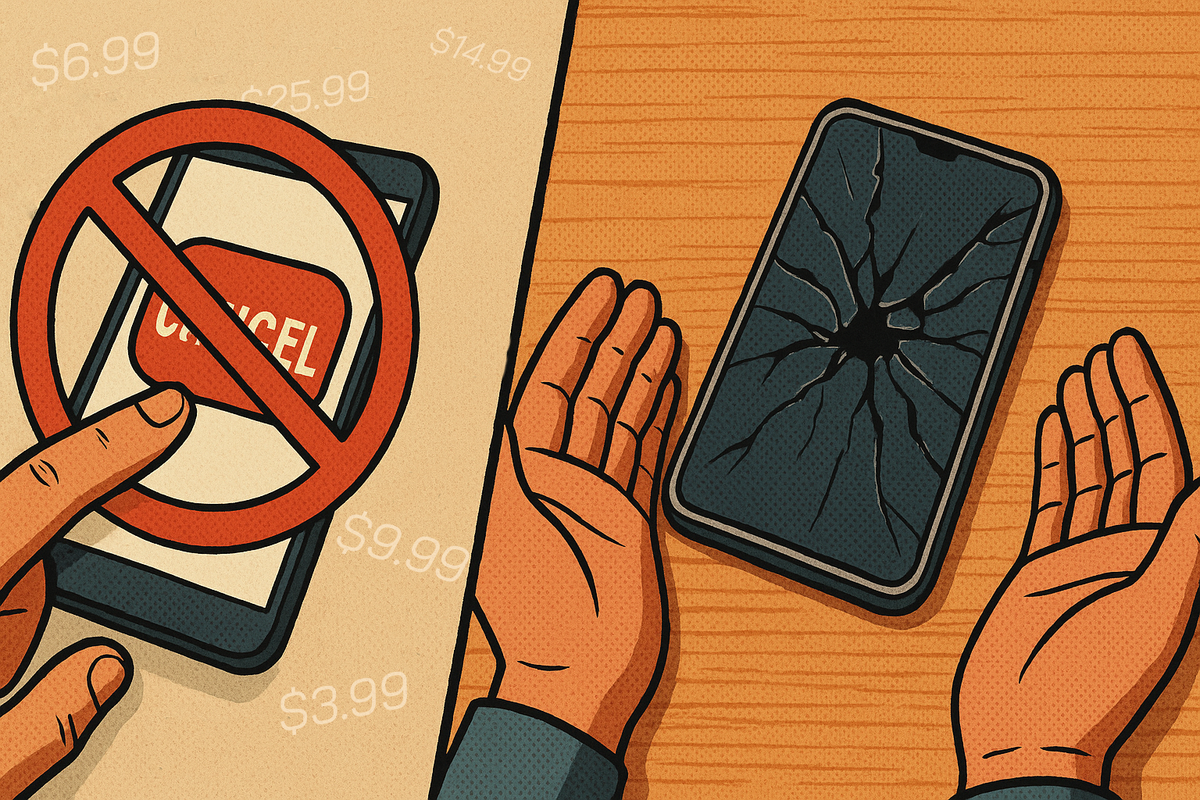
You Don’t Own Anything Anymore. You Just Clicked “Agree.”
In an era where convenience reigns supreme, we’ve traded ownership for access, control for ease.
Streaming services, smart devices, and software subscriptions dominate our lives, promising seamless experiences.
But beneath the sleek interfaces and one-click purchases lies a troubling reality: you don’t truly own what you’ve paid for.
Companies are quietly rewriting the rules of ownership, privacy, and control, leaving consumers vulnerable to exploitation that’s often perfectly legal.
This isn’t about shady backroom deals or outright theft, it’s about systems designed to trap you in a cycle of dependency, where saying “no” feels impossible.
Thanks to advocates like Louis Rossmann, a repair shop owner turned consumer rights champion, these issues are coming to light.
Rossmann has been relentless in exposing how corporations undermine your rights through tactics like remote deactivation, restrictive repair policies, and convoluted cancellation processes.
His work at consumerrights.wiki offers a roadmap for understanding and fighting back against these modern abuses.
Let’s break down this new frontier of consumer exploitation, explore why it matters, and reflect on what ownership really means in today’s world.
The Illusion of Ownership
When you buy a physical book, it’s yours. You can lend it, resell it, or even fold the corners of its pages.
But when you “buy” a movie on a streaming platform, you’re often just renting a license, one that can vanish if the service decides to pull it from their library.
Companies bury these terms in dense End User License Agreements (EULAs), redefining “purchase” to mean temporary access, not ownership. Imagine buying a car only to have the manufacturer remotely lock you out because they’ve discontinued the model.
Sounds absurd? It’s already happening with digital products.
Take streaming services. One day, your favorite show is in your library; the next, it’s gone because of licensing disputes or platform whims. Unlike a DVD, you can’t pop it into a player and watch it anyway.
The cloud giveth, and the cloud taketh away.
Rossmann highlights how companies use remote deactivation to control products post-purchase, turning your “owned” goods into glorified rentals.
This isn’t a bug, it’s a feature of their business model.
The Right to Repair: A Fight for Control
Ownership isn’t just about keeping what you paid for; it’s about the freedom to maintain it.
Modern devices, from smartphones to tractors, are increasingly designed to thwart repairs.
Manufacturers like Apple and John Deere use proprietary parts, locked-down software, and restricted tools to ensure only they can fix their products, or that you’re forced to buy a new one when something breaks.
A cracked iPhone screen?
Pay a premium at an authorized repair shop or risk voiding your warranty.
A broken tractor?
Farmers have been locked out of their own equipment by software that demands a dealer’s intervention.
Louis Rossmann, a vocal advocate for the right to repair, has exposed how these practices trap consumers.
His YouTube channel and consumerrights.wiki details how companies deliberately make devices harder to fix, turning functional gadgets into expensive paperweights.
This isn’t just about saving money on repairs; it’s about reclaiming autonomy over the things you’ve bought.
If you can’t fix it, do you really own it?
The Cancellation Trap: Saying “No” Shouldn’t Be This Hard
Ever tried canceling a subscription? Signing up takes a single click, but opting out often feels like running a gauntlet.
Opting out often requires jumping through hoops that most people don’t have the time or energy to navigate.
Rossmann points out that this is intentional, exploiting consumer fatigue to keep you locked in. It’s not illegal, but it’s a deliberate barrier to your right to say “no.”
This tactic extends beyond subscriptions. Companies can push new terms of service via email, claiming your silence equals consent to forced arbitration or data collection.
The result? You’re coerced into agreements you didn’t choose, eroding your ability to control your own data and decisions.
Adobe’s Cancellation Nightmare
Within the broader issue of cancellation traps, Adobe stands out as a particularly egregious offender.
Their Creative Cloud subscriptions, essential for many creatives, come with a cancellation process that feels like a punishment.
Users must navigate a maze of online menus made with the sole purpose of making the cancellation process as difficult as possible.
Worst of all, Adobe imposes steep cancellation fees — sometimes hundreds of dollars — even if you’re only partway through a contract.
These fees, hidden in fine print, turn the act of saying “no” into a costly ordeal.
Louis Rossmann has repeatedly called out Adobe for these predatory practices, noting how they exploit consumer frustration to lock users into unwanted subscriptions.
This isn’t just bad service; it’s a deliberate attack on your right to walk away, making Adobe a stark example of how far companies will go to undermine consumer autonomy.


Privacy Under Siege
Ownership and privacy go hand in hand.
When you buy a smart device or sign up for a service, you’re often handing over a treasure trove of personal data, without fully realizing it.
Companies collect, share, and sell this data with minimal transparency, exploiting vague terms buried in fine print.
Rossmann emphasizes that this isn’t just about targeted ads; it’s about losing control over your personal information.
If you can’t say “no” to data collection, do you really own your digital life?
The New Consumer Protection: Why It Matters
Traditional consumer protection laws target clear-cut violations, false advertising, defective products, and fraud.
But today’s abuses are sneakier, often operating within legal gray zones.
Companies rely on complexity, obscurity, and consumer exhaustion to avoid accountability.
As Rossmann argues, modern consumer protection isn’t just about enforcing existing laws; it’s about recognizing that the system itself is rigged.
His mission, as stated on the Consumer Rights Wiki Mission Statement, is to empower consumers to reclaim their rights to ownership, privacy, and the ability to say “no.”
This fight is philosophical as much as practical.
Ownership isn’t just about possession; it’s about freedom.
When companies can remotely disable your devices, dictate how you use them, or harvest your data without consent, they’re chipping away at your autonomy.
Think about it for a moment: What does it mean to own something if someone else holds the kill switch? If you can’t fix it, cancel it, or protect your data from it, is it really yours?
Taking Back Control
The good news? Awareness is the first step to change.
Louis Rossmann’s work is a wake-up call to question the systems we’ve accepted as normal.
By visiting consumerrights.wiki, you can dive deeper into these issues and learn how to advocate for yourself.
Support right-to-repair laws, demand transparent terms of service, and push for stronger privacy protections.
Choose products and services that respect your autonomy, opt for physical media, open-source software, or companies that prioritize repairability.
Next time you click “buy” or “subscribe,” pause and ask: Am I owning this, or am I just borrowing it? The answer might surprise you.
In a world where control is slipping away, the fight for consumer rights is a fight for freedom itself.
Let’s join Rossmann in saying “no” to exploitation and yes to owning what’s rightfully ours.
